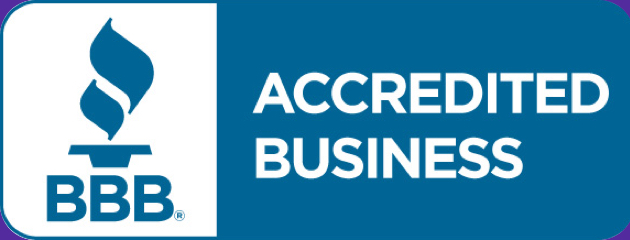Lotensin Hct FAQs
How much does Lotensin Hct cost without insurance?
Patients can usually expect to pay $100.74 for 30, 20-12.5mg tablets of Lotensin Hct. Compare this price to the cost of Lotensin Hct with a SingleCare coupon: $15.81 for 30, 20-12.5mg tablets. From generics to brand-name prescription drugs, you can save as much as 80% with SingleCare discount cards.
How much does Lotensin Hct cost with insurance?
The amount of your Lotensin Hct copay depends on your insurance plan. With SingleCare, Lotensin Hct costs as little as $15.81 for 30, 20-12.5mg tablets, which may be lower than your insurance copay. Ask your pharmacist to do a price comparison. You may save more money with SingleCare than with insurance.
Does Medicare cover Lotensin Hct and how much does it cost?
Lotensin Hct is usually not covered by Medicare prescription drug plans because of the availability of generic alternatives. For Medicare patients, a SingleCare Lotensin Hct coupon offers significant savings at participating pharmacies such as CVS, Target, Fry's, Walgreens, Duane Reade, and many others.
Is there a generic of Lotensin Hct?
Lotensin Hct is a brand-name combination blood pressure drug with benazepril and hydrochlorothiazide as the active ingredients. There are dozens of generic benazepril and hydrochlorothiazide alternatives at a small fraction of the price of Lotensin Hct available from manufacturers such as Apotex, Sandoz, IVAX, Mylan, and others.
What is Lotensin Hct?
Lotensin Hct is a combination prescription drug that lowers high blood pressure (hypertension). The active ingredients in Lotensin Hct are benazepril, an ACE inhibitor, and hydrochlorothiazide, a diuretic or “water pill.”
Benazepril and other ACE inhibitor lower blood pressure by blocking the action of a protein (angiotensin) that causes the blood vessels to tighten. As the blood vessels lose tension, they get wider, and blood pressure within them goes down.
Hydrochlorothiazide belongs to a class of drugs called thiazide diuretics which work by reducing the kidney's ability to reabsorb water or salt from the urine. This increases the amount of salt and water eliminated from the body. As the water content of the blood decreases, blood pressure goes down. Thiazide diuretics such as hydrochlorothiazide are often the first type of diuretic prescribed to treat high blood pressure.
Like all combination high blood pressure drugs, Lotensin Hct is usually prescribed after other medications taken singly have not succeeded. Lotensin Hct is taken as a tablet once daily.
What are the side effects of Lotensin Hct?
While medicines may have side effects, many people experience no side effects, or the side effects they experience are very minimal.
The most common physical side effects of benazepril include headache, dizziness, nausea, chest pain, impotence, sleepiness, and fatigue. The most serious side effect of benazepril is high potassium levels in the blood, so patients taking Lotensin Hct are advised not to take potassium supplements. High blood potassium can cause the heart to beat irregularly or even cause a heart attack.
Allergic reactions to benazepril are rare and include swelling, rash, and itching. The most serious allergic reaction to benazepril is a rapid swelling beneath the skin that, if severe enough, can restrict the airways.
The most common physical side effects of hydrochlorothiazide are weakness, low blood pressure, nausea, stomach pain, constipation, and impotence. The most serious physical side effect is low blood potassium. However, Lotensin Hct also includes benazepril which tends to raise serum potassium. Allergic reactions can be severe and include rash and anaphylactic shock, a condition where blood pressure drops to dangerously low levels.








